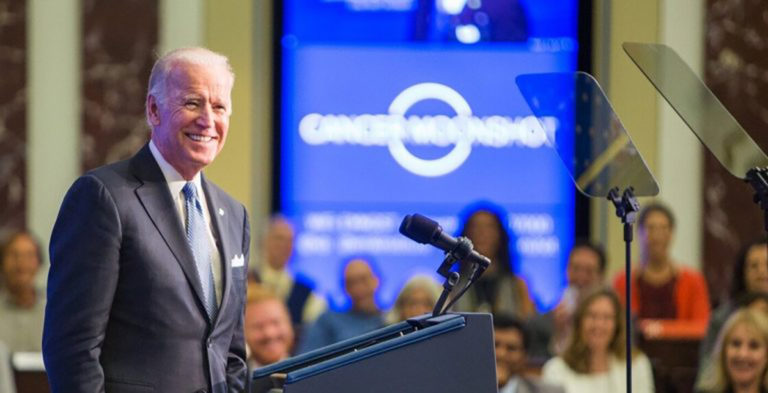OPINION: Biden needs to do more to combat climate change before disasters worsen

President Joe Biden signed a bill Sept. 30 allocating disaster relief funds of $28.6 billion to federal agencies. While it supports those affected by natural disasters, preemptive action should be taken by the government to prevent climate change from ravaging the country.
HR 5305, or the Extending Government Funding and Delivering Emergency Assistance Act, includes reimbursing crop losses from storms, road and bridge reform and infrastructure reconstruction.
While this bill makes great strides in disaster relief, the government should be focusing its funding on proactively avoiding such situations by mitigating the effects of climate change and nipping it in the bud rather than focusing on damage control.
Climate change can bring about more natural disasters through the increased heat it brings, which makes for droughts and more intense storms. As water is evaporated into the atmosphere, powerful storms can further develop, according to the National Oceanic and Atmospheric Administration.
A more heated atmosphere and ocean surface only leads to increased wind speeds in tropical storms. The rising sea level will subject higher-located cities to the erosive forces of waves and currents. Tampa is one of those projected cities.
Maya Burke, assistant director of the Tampa Estuary Program, was a part of a study conducted in 2021 by the City of Tampa focusing on the projected sea-level increase. The likely projection is 8.5 feet of rise in just under 80 years.
USF research professor Brian Cook spoke to WMNF in January about how this sea-level rise can cause more issues than just water rising.
“It moves through the geology and through the soil as much as it does on land,” he said. “So one other thing to be thinking about as far [as] impacts are increased groundwater levels.”
Increased groundwater levels can lead to sunny-day flooding, a phenomenon wherein streets can be flooded without a drop of rain in sight. This will be economically and environmentally devastating to Tampa without intervention.
The government could take preemptive action by reducing the country’s economic footprint, whether by reducing greenhouse gas emissions or fossil fuel use. The U.S. has many corners to cut when it comes to climate change mitigation.
This is a global issue encroaching upon humanity, and without proactive action taken by the U.S. government, the nation will be in serious trouble in a few decades. It’s time to stop cleaning up the mess and start using funding to prevent it.








